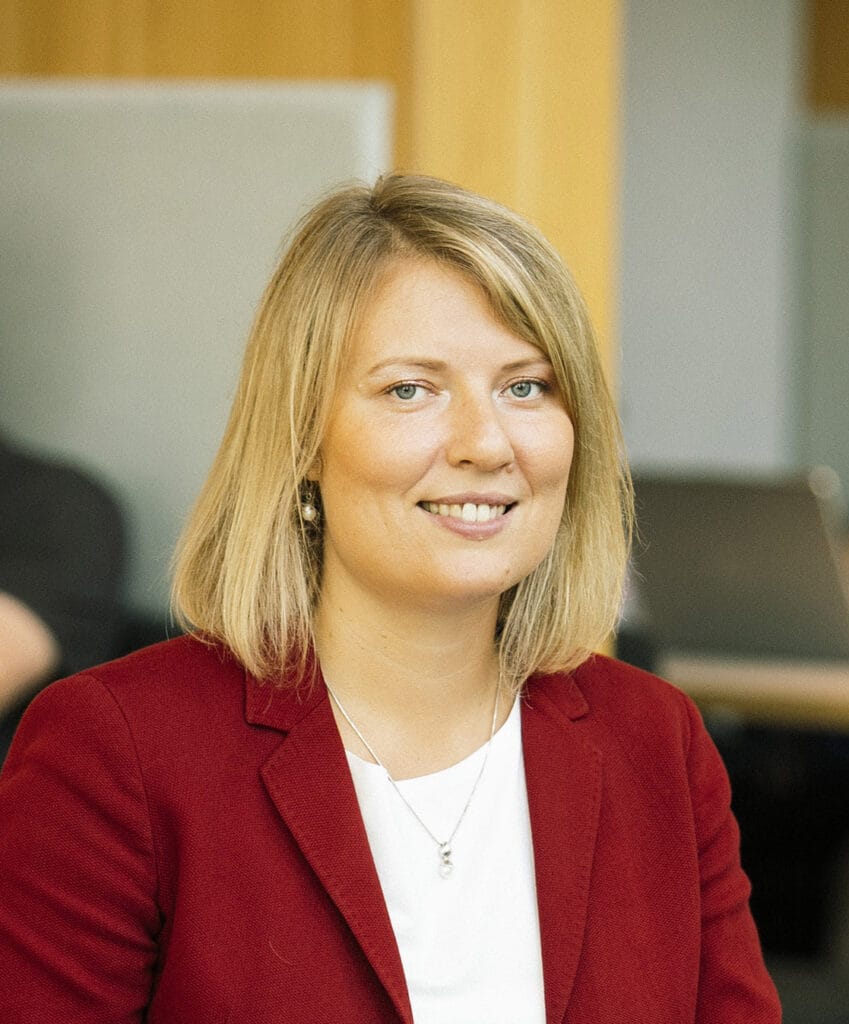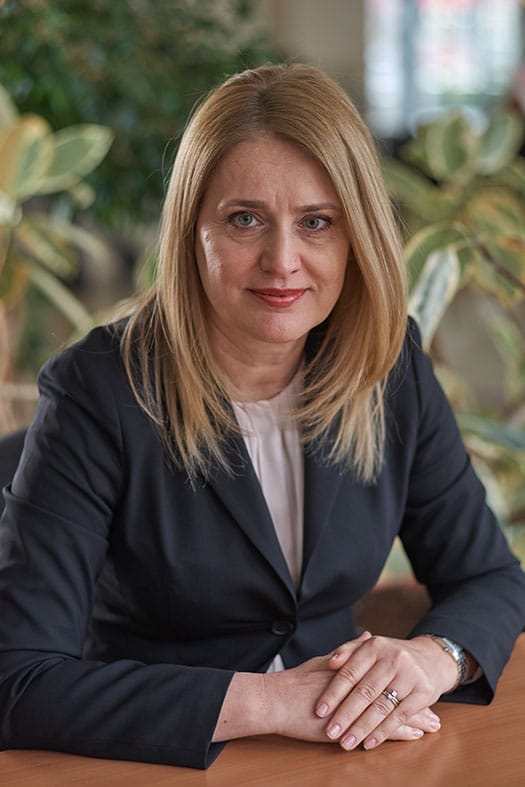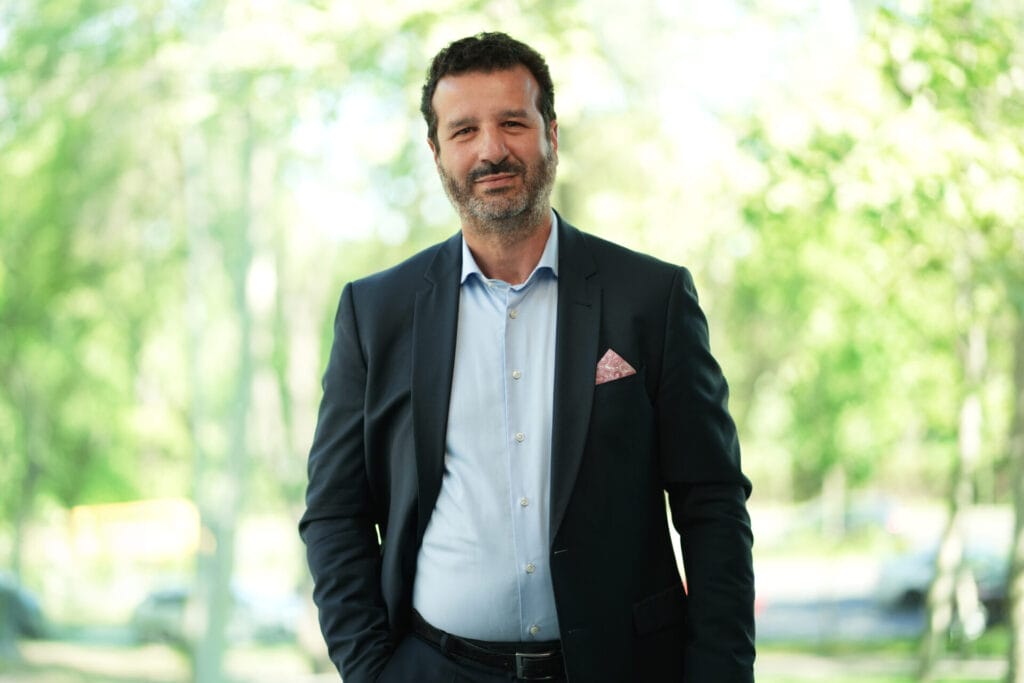As Europe accelerates its green transition, Romania’s experience with its Deposit Return System (DRS) demonstrates that environmental responsibility and economic opportunity can be aligned. It shows that circular systems are not only feasible but essential for ensuring long-term competitiveness, industrial resilience, and sustainable growth.
Beyond its immediate function of reducing waste and increasing separate collection and recycling rates for beverage packaging, the Romanian DRS has broader economic and strategic significance.
Romania’s Deposit Return System: Economic Significance
In less than two years, the DRS has delivered remarkable results: nearly 7 billion beverage containers were collected, translating into around half a million tonnes of material redirected to recyclers for reintroduction into production cycles.
Thus, the DRS has reinforced Romania’s recycling infrastructure, ensuring a consistent, predictable flow of high-quality PET, glass, and aluminum for domestic industry while reducing reliance on imports. Notably, in 2024 Romania reached a milestone: for the first time, the needs of local PET recyclers were met without requiring PET imports.
The establishment and operationalization of the system required an initial investment of more than 90 million euro, most of which was ensured through a green loan and partially through an initial financing of the beverage producers. This investment not only laid the groundwork for the system’s infrastructure, but also catalyzed job creation across the country. Hundreds of new green jobs have been generated in RetuRO’s counting and sorting centers, as well as at its headquarters, creating specialized employment opportunities.
The DRS has also generated demand, growth and innovation in complementary sectors, such as logistics infrastructure, traceability solutions, IT platforms and systems, additional recycling capacities.
Romania’s Deposit Return System: Strategic Significance
RetuRO’s experience with Romania’s DRS highlights a vital lesson: when designed with clarity and commitment, circular economy measures are not secondary initiatives but core strategies for building stronger and more sustainable economies.
Romania offers a distinct competitive advantage in Eastern Europe: a large and dynamic market where transformative initiatives such as the DRS can scale quickly and deliver long-term predictability. The system not only ensures compliance with EU regulations but also creates new opportunities for vertical development.
The implementation of Romania’s DRS highlights the systemic value of circular economy measures and reflects the country’s broader commitment to building a greener future. It signals a clear and credible pathway toward sustainable solutions, underpinned by legislative stability, coordinated stakeholder action and strong citizen support. For investors seeking opportunities anchored in sustainability, this provides more than an environmental success story – it represents a strong indication of long-term reliability, predictability, and alignment with European green transition goals.















